January 23, 2018
Flexible and coworking offices to account for ten percent of UK property market by 2027
 Demand for flexible workspace including coworking space soared across the UK during 2017, according to a report from Cushman & Wakefield. The study of the rapidly growing market also claims that WeWork is already the largest single corporate occupier of office space in London, with only the public sector exceeding its scale. In addition, the report also claims that WeWork has taken up more space in London’s key commercial property districts than any other occupier since 2012. According to the report, WeWork has taken up more than twice as much space as Google, which leased 1.3m sq ft over the five-year period, while Amazon and Deutsche Bank leased just over 1 m sq ft and 0.9 m sq ft.
Demand for flexible workspace including coworking space soared across the UK during 2017, according to a report from Cushman & Wakefield. The study of the rapidly growing market also claims that WeWork is already the largest single corporate occupier of office space in London, with only the public sector exceeding its scale. In addition, the report also claims that WeWork has taken up more space in London’s key commercial property districts than any other occupier since 2012. According to the report, WeWork has taken up more than twice as much space as Google, which leased 1.3m sq ft over the five-year period, while Amazon and Deutsche Bank leased just over 1 m sq ft and 0.9 m sq ft.







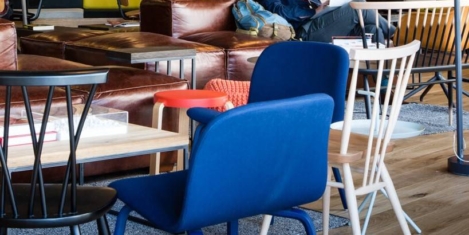




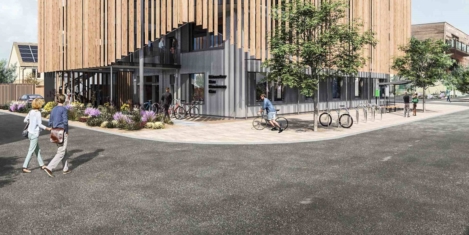
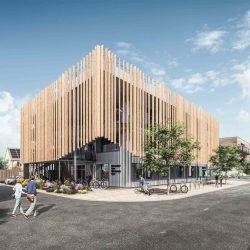



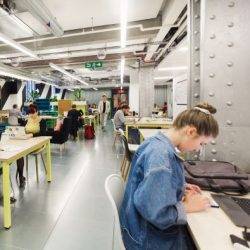
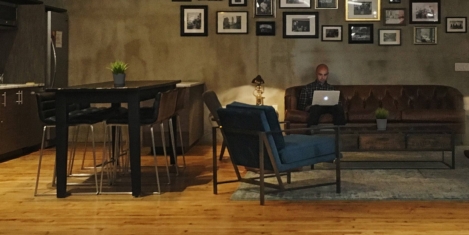












November 9, 2017
Review: ushering in a new era for the coworking phenomenon 0
by Paul Carder • Comment, Coworking, Technology, Work&Place, Workplace design
Ramon Suarez has produced a very practical book, based on his own experience as one of the pioneers of coworking. And let’s be clear – it is coworking (not “co-working”; there is no hyphen), as Suarez explains, “a coworker (a member of a coworking space) is not the same as a co-worker (somebody who happens to work for the same company or in your same office)”. On his business card, Suarez describes his role as “Serendipity Accelerator”- you will understand that if you read the book. Suarez differentiates coworking from its many (and mostly false) aliases. Shared offices may be collaborative, but do not provide the network of people found in a good coworking space. Networked offices, where more than one company shares space and may collaborate, “come close” to coworking. Hacker & Maker spaces, Accelerators, Incubators and Cafes are similarly differentiated.
(more…)